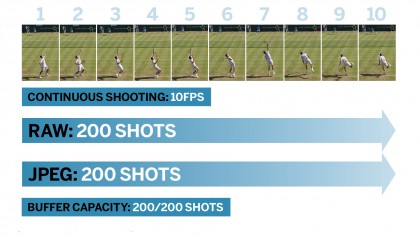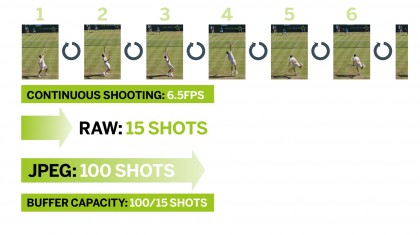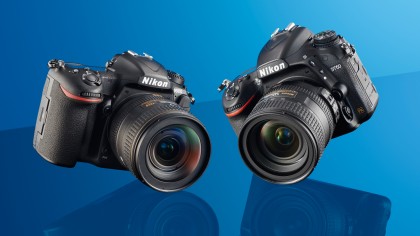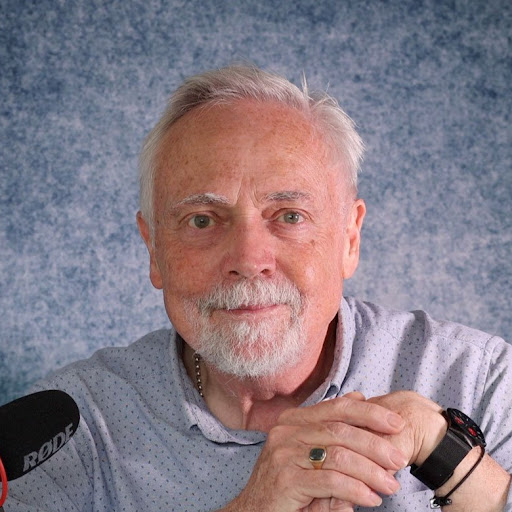Nikon D500 vs Nikon D750: Which DSLR should you choose?
Who really needs a full-frame DSLR?
7. Continuous shooting
One of the purposes of this comparison is to show how a DX-format Nikon can give you more for your money than a similarly-priced FX model, and this is most apparent for action photography, where the D500 excels. The smaller mirror and shutter assembly allows high-speed continuous shooting without a massive step up in cost, and the D500 has a powerful Expeed 5 processor and twin cards slots, one of which uses super-fast XQD memory cards. It can shoot continuously at 10 frames per second and capture up to 200 RAW images in a single burst. The D750 cannot come close to this performance.

It's amazing that you can get a full-frame Nikon DSLR for less than the cost of its flagship DX-format camera, but the D750 is a modest jack of all trades whereas the D500 is a cutting-edge action specialist. The maximum continuous shooting speed of the D750 isn't bad, at 6.5 frames per second, but this is some way short of the D500's flat-out performance, and the D750's buffer can only capture 15 14-bit lossless compressed RAW files in a burst. It can't match the D500's speed and endurance, and the only FX camera that can is the Nikon D5, which costs three times more at £5200/$6500.

Conclusion: D500 or D750?
The D500 is an out-and-out sports specialist that easily outperforms the D750 for action photography. It might seem expensive for a DX model, but you're getting (almost) the performance of the Nikon D5. But while it's perfect for telephoto photography, the relative lack of pro-spec shorter focal length lenses means the DX format has limits for other areas of photography.

FX cameras are expensive, so it's no surprise that all you can get for D500 money is a relatively modest all-rounder in the D750. But while it can't keep up with the D500 for action photography, the D750's larger sensor delivers images with a little more spatial depth and – more importantly – it's compatible with a much larger selection of pro lenses. Ultimately, it's the system with most potential.
This feature was originally published in N-Photo Magazine, to subscribe, click here
Get daily insight, inspiration and deals in your inbox
Sign up for breaking news, reviews, opinion, top tech deals, and more.

Rod is an independent photographer and photography journalist with more than 30 years' experience. He's previously worked as Head of Testing for Future’s photography magazines, including Digital Camera, N-Photo, PhotoPlus, Professional Photography, Photography Week and Practical Photoshop, and as Reviews Editor on Digital Camera World.